San Francisco-born bassist Bobby Vega has contributed significantly to the city’s rich musical heritage, and his resume looks like it’s from Bay Area rock, soul, funk and world music.
Bobby began his professional career at age 15 with Bo Diddley, but he achieved wide attention at age 16 for his distinctive picked and muted bassline on Sly Stone’s “I Get High On You” (from Sly’s 1975 album High On You ). Since then he has contributed his soulful feel and incredibly dynamic playing to a long list of world-class artists including: Billy Preston, Booker T., Paul Butterfield, Joan Baez, Jerry Garcia, Bob Weir, Mickey Hart, Santana , Tower of Power, Etta James, Zigaboo Modeliste, Quicksilver Messenger Service, Jefferson Starship, Babatunde Olatunji, Kitaro, Ronnie Laws, Hubert Laws, Lee Oskar, Melvin Seals, Cold Blood.
The beginning
“I started early. I think it was in the middle of high school when I started to get into it. I’ve been interested in music for as long as I can remember, before I even started school. My dad used to have one of those Telefunken stereos, it was the same one Chuck Berry had on the back of the [album] Berry is On Top. He would play Mose Allison and Sergio Mendes and Chuck Berry and all that kind of stuff. Listening to all that stuff back then just got me really interested in music. ”
Handpicked
Bobby’s first professional gig, aged 16, was with Bo Diddley, but it was 1975’s “High on You,” the title track of Sly’s first album without the Family Stone, that put him on the map.
High on You hit the streets a month before Bobby turned 19, and his trademark style – propulsive, lyrical bass lines played nimbly with a pick and always in his pocket – had him show after show with a cross-section of artists from top notch, including R&B/soul icons Etta James and Billy Preston, rockers Quicksilver Messenger Service and Jefferson Starship, new-age pioneer Kitaro, master percussionist Babatunde Olatunji, New Orleans drum god Zigaboo Modeliste, favorites from jam bands KVHW and Zero, and Bay Area legends Carlos Santana, Jerry Garcia and Paul Butterfield.
His three solo albums and an instructional DVD, Down the Road (1997), Bobby Vega/Chris Rossbach (2005), Sketches of Bob (2010) and Bass Lessons in Tone, Vol. 1: The Pick (2010)—all available at bobbyvega.com —are expansive displays of the instantly identifiable sound he’s developed across thousands of shows since the late ’70s.
45 years after Bobby started playing a Norma bass his mother bought him in Montgomery Ward, his smooth, swinging approach is all the rage: a quick glance at online bass forums and “Bobby Vega-style” video lessons proves that getting cool with a choice has never been cooler.
In person, Bobby exudes down-to-earth humility, steady humor, “always on” restlessness, as well as an unusual blend of finely-tuned sensitivity crossed with undeniable confidence.
Put a bass in his hands and he’ll probably pull out a pick and make you do something you’ve never heard him do. Because no matter where he is or what time it is, for Bobby Vega, a choice is always within his reach.
Vega is very grateful for the position he is in at this point in his life. Widely regarded as bassdom’s funkiest pick bearer, his playing and words of wisdom are inspiring musicians old and new.
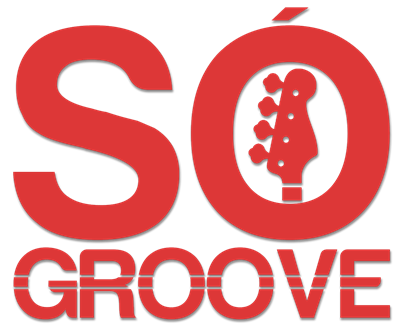
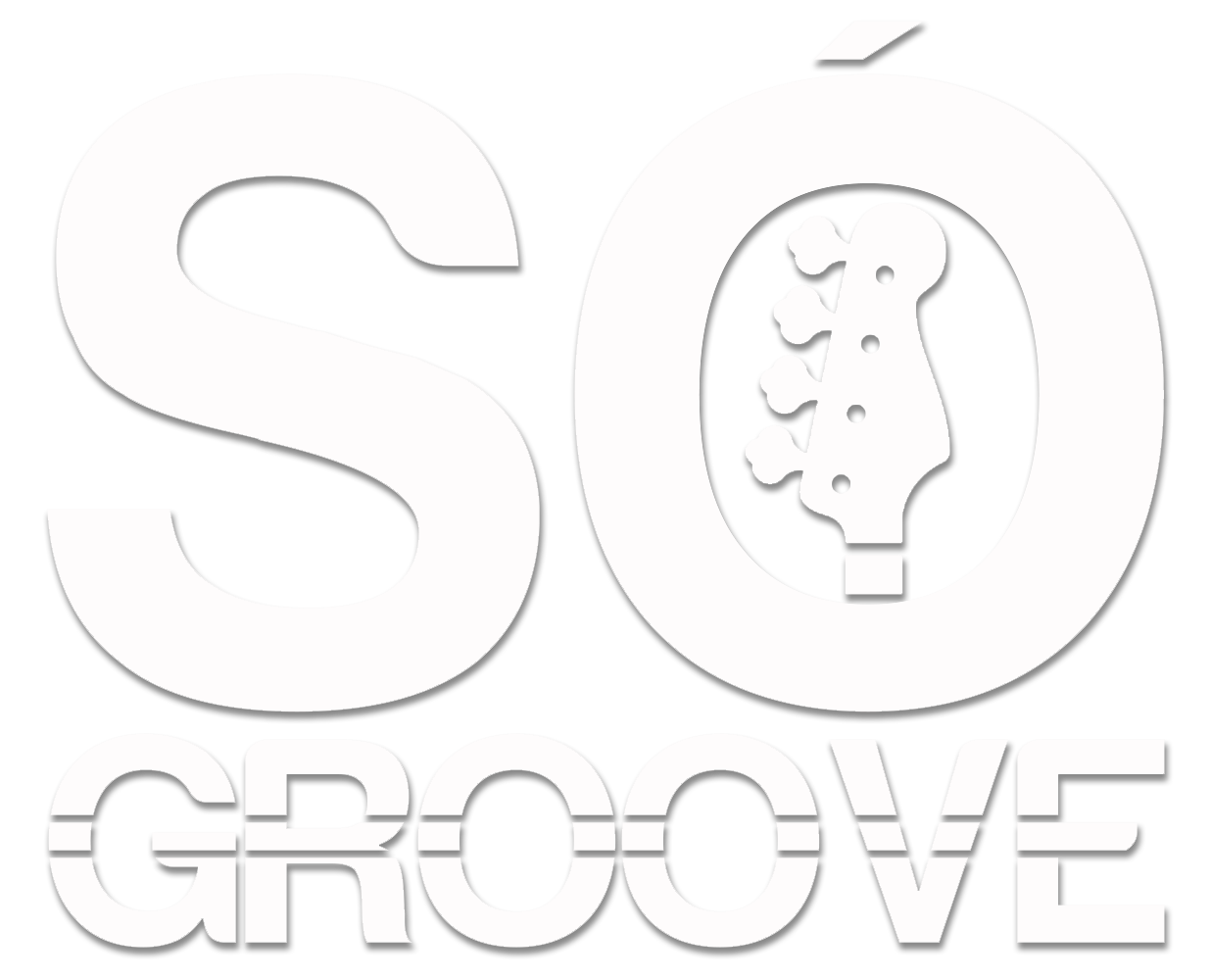
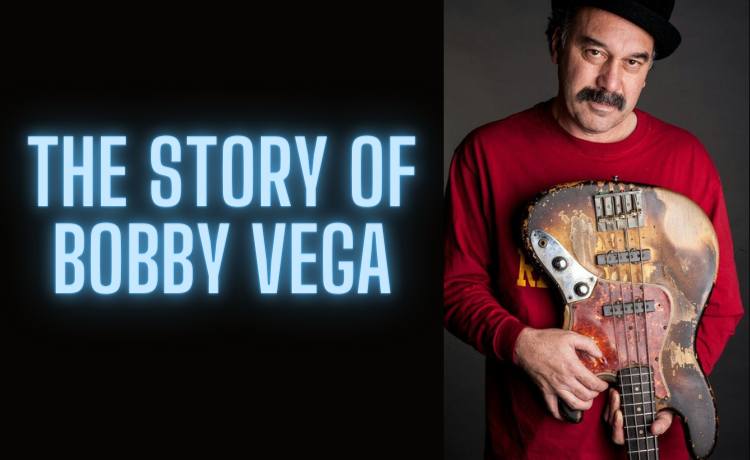
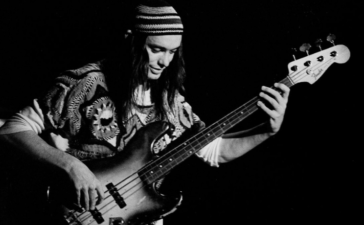
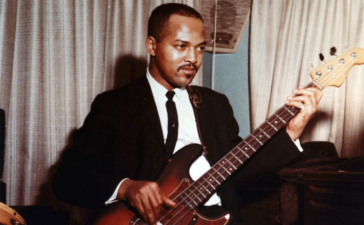
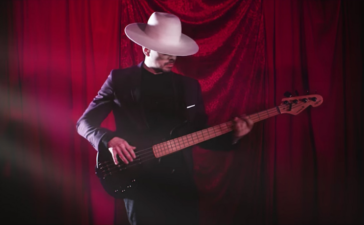
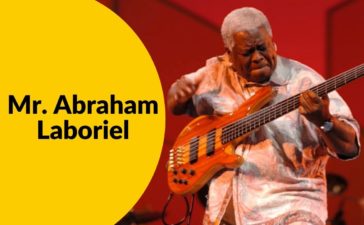
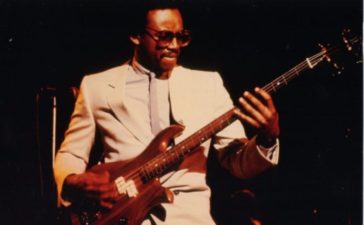
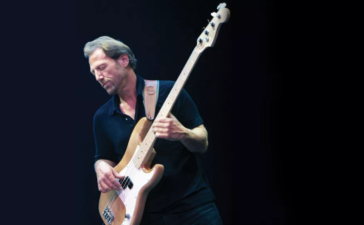
25 Comments